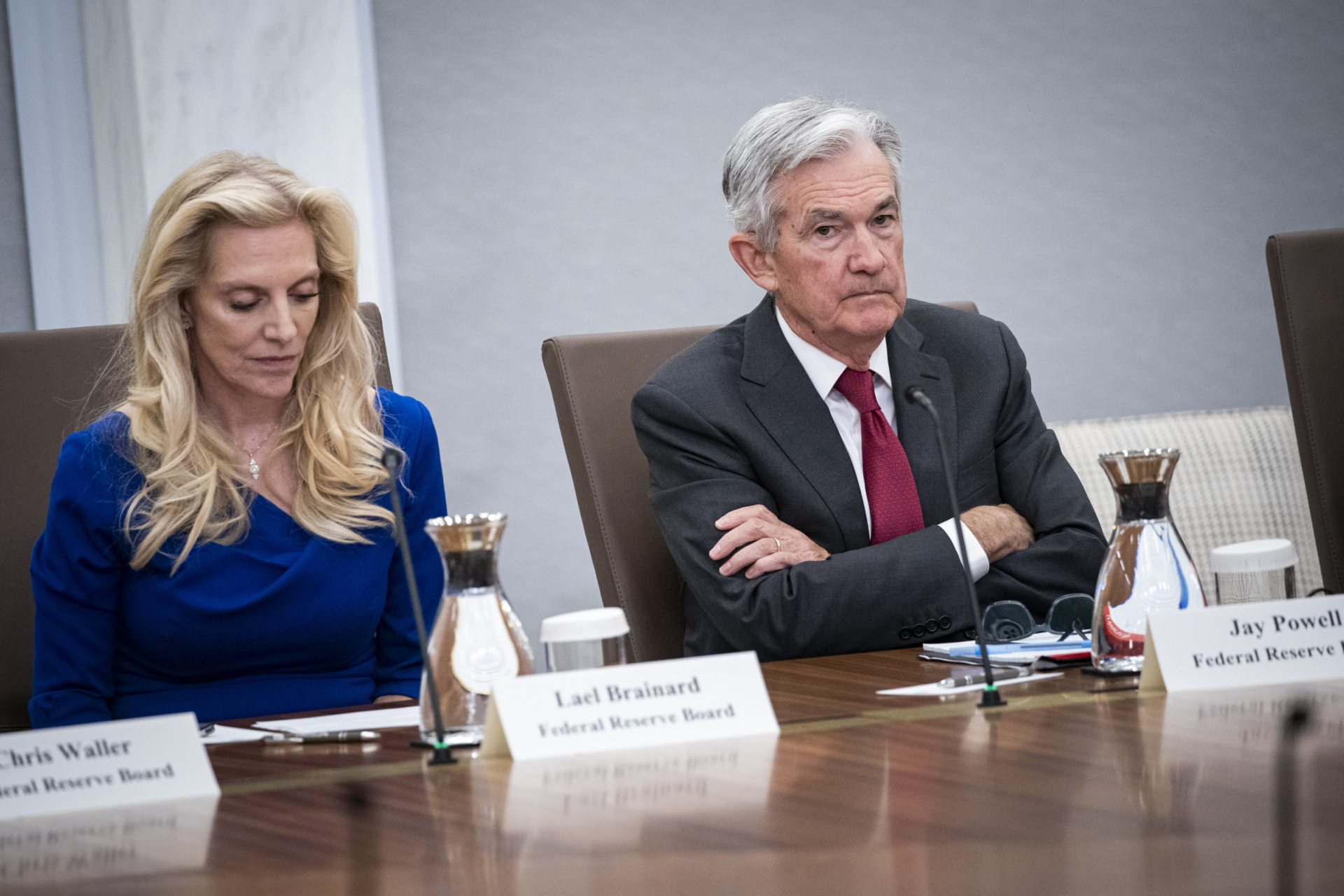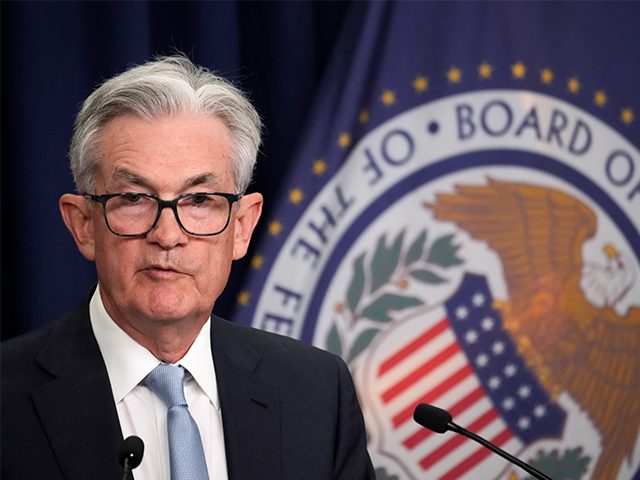Team transitory is gone. Meet team “overcorrection.”
Federal Reserve Chairman Jerome Powell has been challenged by a number of well-known economists who have called on the central bank to relax in its fight against inflation. For example, Jeremy Siegel, the Russell E. Palmer Professor of Finance at the Wharton School of the University of Pennsylvania, said recently that he would give the Fed a “D” for its handling of the economy, arguing that they are now overcorrecting in tightening to combat inflation. Jim Paulsen, chief investment strategist at the Leuthold Group, recently said the Fed has “gone rogue” in its fight against inflation.
Harvard economist Greg Mankiw recently endorsed a column by New York Times columnist Paul Krugman arguing that the Fed is braking too hard. “Right now the Fed seems set to pursue further big rate hikes in the coming months. I would urge it to look hard at what’s happening and think twice,” Krugman wrote.
The grumbling from politicians is also getting louder. Ohio Democrat Sen. Sherrod Brown—who chairs the Senate Banking Committee, which has jurisdiction over the Fed—sent a letter to Powell last week that all but accused the Fed chief of abrogating the central bank’s duty to maintain maximum employment. Brown wrote that “potential job losses brought about by monetary over-tightening will only worsen these matters for the working class.”
What’s more, the stock market has experienced a historic run in October, largely on the belief that the Federal Reserve will pivot away from tightening in the months ahead. Coming into this week, October was shaping up to be the best month for the Dow Jones Industrial Average since January of 1976. According to several Wall Street analysts, this has been the best October since 1901.
The main argument among those who think it is time for the Fed to back off from hiking—or at least signal that it will back off—is that the effects of tightening monetary policy are felt with a lag. So if the Fed continues to raise rates until it sees inflation come down significantly, it will wind up over-tightening and causing an excessive downturn. Instead, they would have the Fed take a step back and watch if the hikes put in place this year are working to bring down inflation.
The noises are even coming from inside the house. “The Federal Reserve has tightened policy strongly to bring inflation down, and U.S. tightening is being amplified by concurrent foreign tightening,” Fed Vice Chair Lael Brainard said in a speech this month. “We are starting to see the effects in some areas, but it will take some time for the cumulative tightening to transmit throughout the economy and to bring inflation down.”

Federal Reserve Chair Jerome Powell, right, and Vice Chair Lael Brainard attend a Fed Listens event in Washington, DC, on September 23, 2022. (Al Drago/Bloomberg via Getty Images)
Powell is not alone, of course. Larry Summers has an op-ed in the Washington Post Monday arguing that the Fed’s critics are wrong and that it will take significantly higher rates to bring down inflation to the Federal Reserve’s two percent target. “If they believe that interest rates above 4 percent, in an economy with 7 percent core inflation, will cause a recession serious enough to reduce inflation below the Fed’s 2 percent target, they need to explain why. I find it absurd,” Summers writes with his characteristically delicate approach.
The Summers op-ed makes the argument that progressive policy goals depend on defeating inflation first. “Regaining price stability at as low a cost as possible is far from sufficient to maximize American economic performance, but it is necessary. Only from a foundation of price stability can we meet the profound challenges of speeding up growth, including all Americans in prosperity and maintaining American leadership at a dangerous global moment. Policymakers must not flinch,” he writes.
It is all but certain that the Federal Reserve’s Federal Open Market Committee on Wednesday will announce a 75-basis point raise in its target to a range of 3.75 and four percent. Powell’s challenge on Wednesday will be to convince markets that not only is he not going to flinch but that pushing rates even higher is the right thing to do for the economy.

COMMENTS
Please let us know if you're having issues with commenting.